Speaking at the announcement ceremony, Minister of Science and Technology Nguyen Manh Hung emphasized that the online management system is not only a new technology product but also a foundation for innovating the S&T management model. This is a step forward for Vietnam to deploy management based on data, digital processes and international standards.

According to the Minister, to innovate science and technology, we must innovate science and technology management, shifting from management to motivation, from administrative control to data-driven and transparent operations, from decentralization to integration and standardization.
The new software system will help increase appraisal quality, shorten review time, limit errors and risks, accurately assess the contribution of each task, and especially create a professional science and technology task market.
Minister Nguyen Manh Hung also emphasized the spirit of managing less, leading more, controlling less and creating more, shifting from asking and giving to openness and transparency.

The software system developed by Vietnamese people has features equivalent to international platforms and is capable of connecting to co-fund with developed countries. Developing domestic software allows for continuous improvement, both according to international standards and suitable for Vietnamese practice. The Minister requested scientists , Councils and presiding agencies to actively use the system, considering it an indispensable tool in research activities.
Also at the ceremony, more than 300 topics were signed through electronic contracts between the National Foundation for Science and Technology Development (NAFOSTED) and the host organizations.

These are the first topics signed in the spirit of the new Law on Science and Technology, which are: Shifting from input management to output management, from document management to research result management, from budget spending to contract spending, from research results returned to the state to the ownership of research organizations, with the research group directly enjoying at least 30% of commercialization results.
Evaluation is not only based on the completion of the topic but also on the results presented to businesses, the creation of commercial products, and the revenue contributed to GDP. At the same time, the new mechanism encourages risk taking, tolerance of failure, and focus on large, strategic tasks.
The list of science and technology tasks is divided into three layers: Basic research focused mainly on institutes and schools; applied research coordinated between institutes, schools and enterprises (50-50) and technology development undertaken by enterprises, although currently only reaching 30% and needs to increase to shorten the time to bring products to market.
Minister Nguyen Manh Hung hopes that scientists will successfully implement these topics, turn research results into commercial products, and contribute to Vietnam's double-digit growth target. At the same time, the online management system will operate effectively and safely, continue to be improved, and can be expanded to the entire industry.
Mr. Dao Ngoc Chien, Director of NAFOSTED Fund, said that the system will continue to be improved in the direction of openness, standardization, national connection, and integration of programs and tasks of ministries, branches and localities.
The system will ensure safe, stable, transparent operation, focusing on real-time data, and support scientists and management agencies to use it conveniently. The Fund will also coordinate with ministries, branches and localities to form a national digital map of science and technology tasks, improving national management capacity.

Prof. Dr. Tran Dai Lam, Director of the Institute of Materials Science, highly appreciated the role of NAFOSTED in creating a transparent mechanism and sustainable support for research. He said that the Institute's topics, from basic to applied research, funded by NAFOSTED have helped research groups form and affirm their position on the regional materials science map.
Experiencing the system from the role of a scientist submitting documents, a reviewer, to a council member, he highly appreciated the fairness, transparency and professionalism in the process of receiving, managing and reviewing topics, helping scientists focus on their expertise and improve research quality.
Prof. Dr. Tran Dai Lam hopes that NAFOSTED will continue to expand international cooperation, focus on training young human resources, and develop an online management system to become a modern, transparent and effective infrastructure, contributing to the common development of the Vietnamese scientific community and enhancing the national strategic research capacity.
Source: https://congluan.vn/bo-khoa-hoc-va-cong-nghe-khai-truong-he-thong-quan-ly-truc-tuyen-cac-nheem-vu-theo-thoi-gian-thuc-10319450.html



![[Photo] President Luong Cuong attends the 50th Anniversary of Laos National Day](/_next/image?url=https%3A%2F%2Fvphoto.vietnam.vn%2Fthumb%2F1200x675%2Fvietnam%2Fresource%2FIMAGE%2F2025%2F11%2F27%2F1764225638930_ndo_br_1-jpg.webp&w=3840&q=75)

![[Photo] Prime Minister Pham Minh Chinh chairs the 15th meeting of the Central Emulation and Reward Council](/_next/image?url=https%3A%2F%2Fvphoto.vietnam.vn%2Fthumb%2F1200x675%2Fvietnam%2Fresource%2FIMAGE%2F2025%2F11%2F27%2F1764245150205_dsc-1922-jpg.webp&w=3840&q=75)


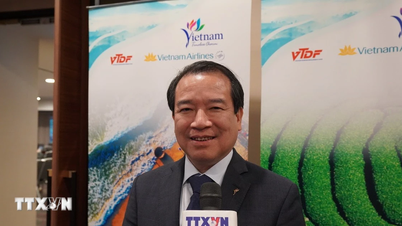





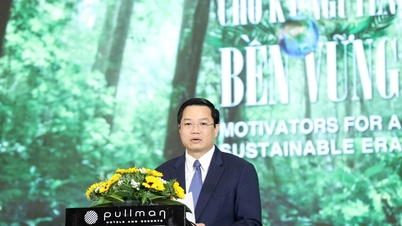









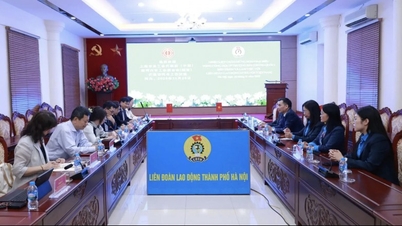
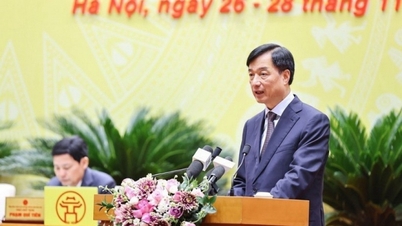









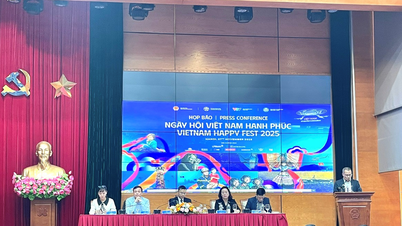






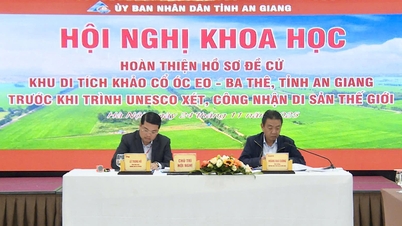







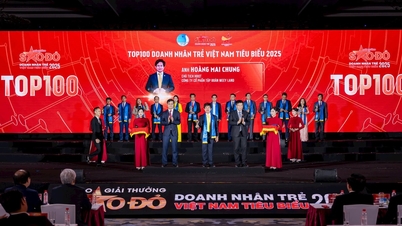



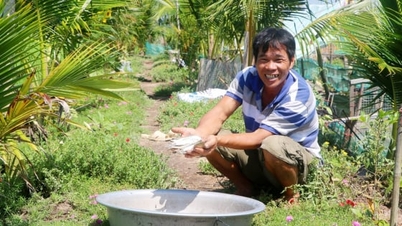

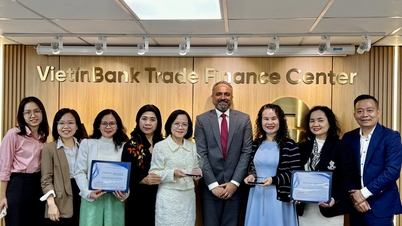






















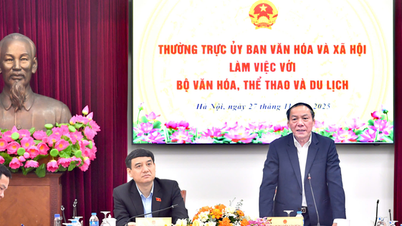


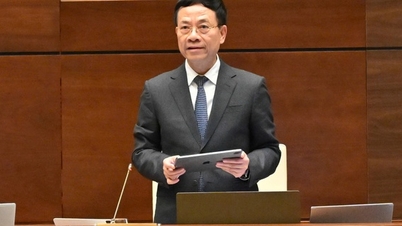

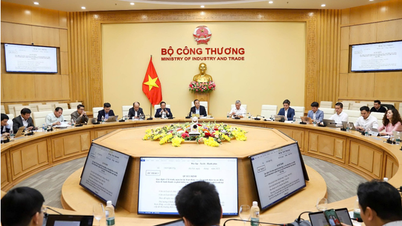

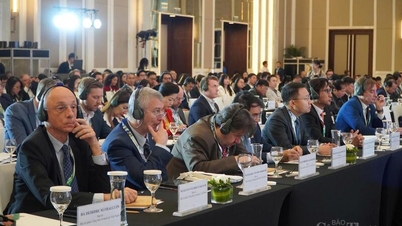
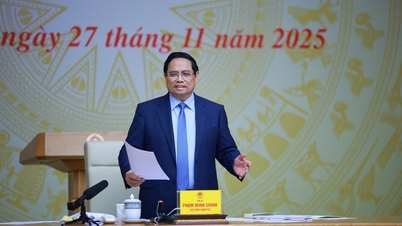
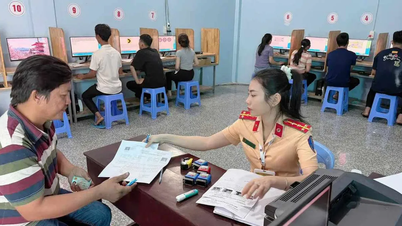



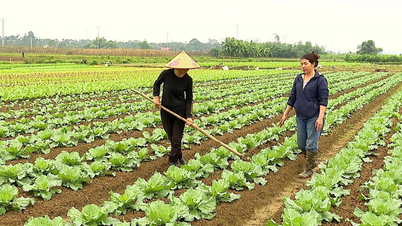

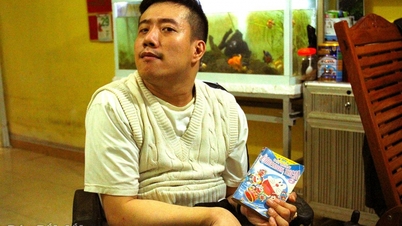
















Comment (0)